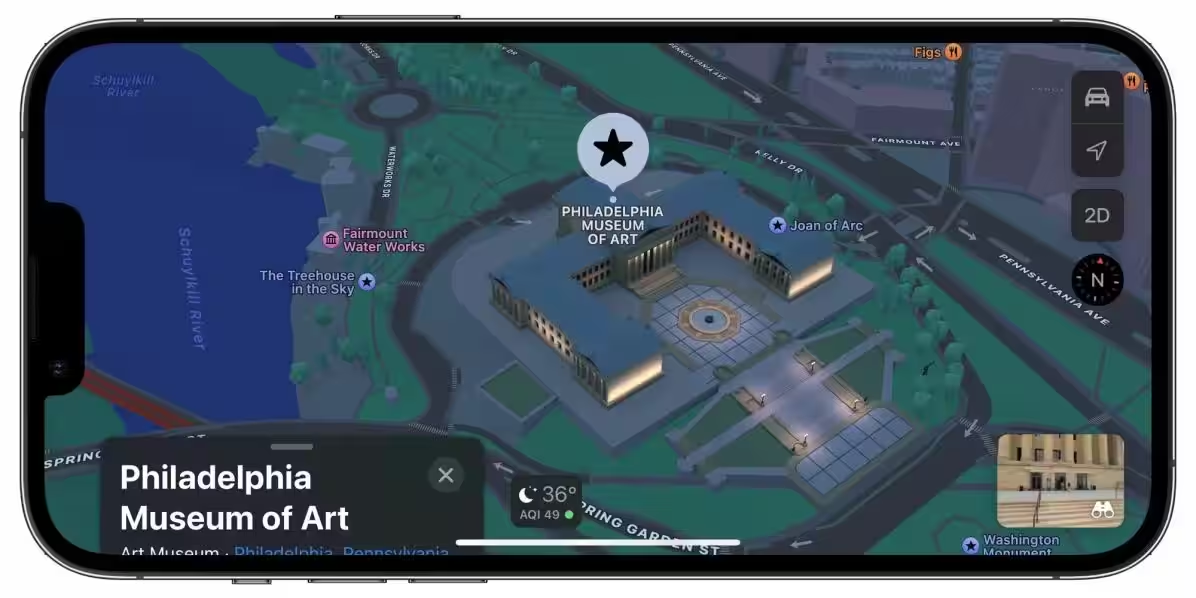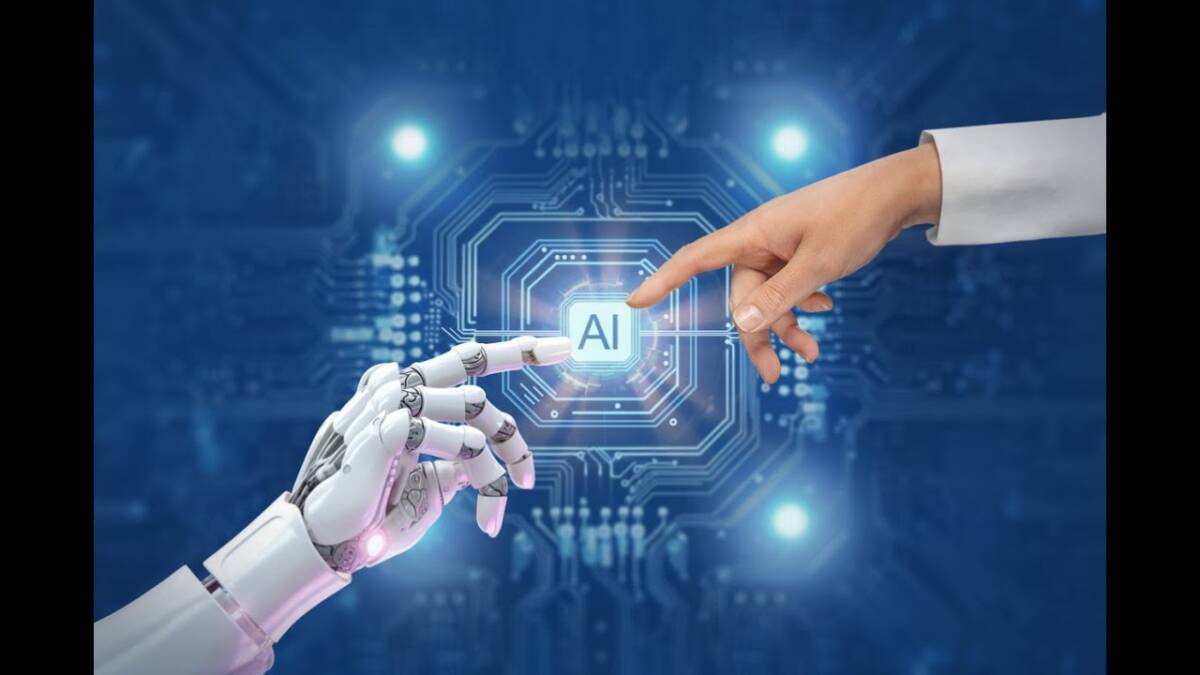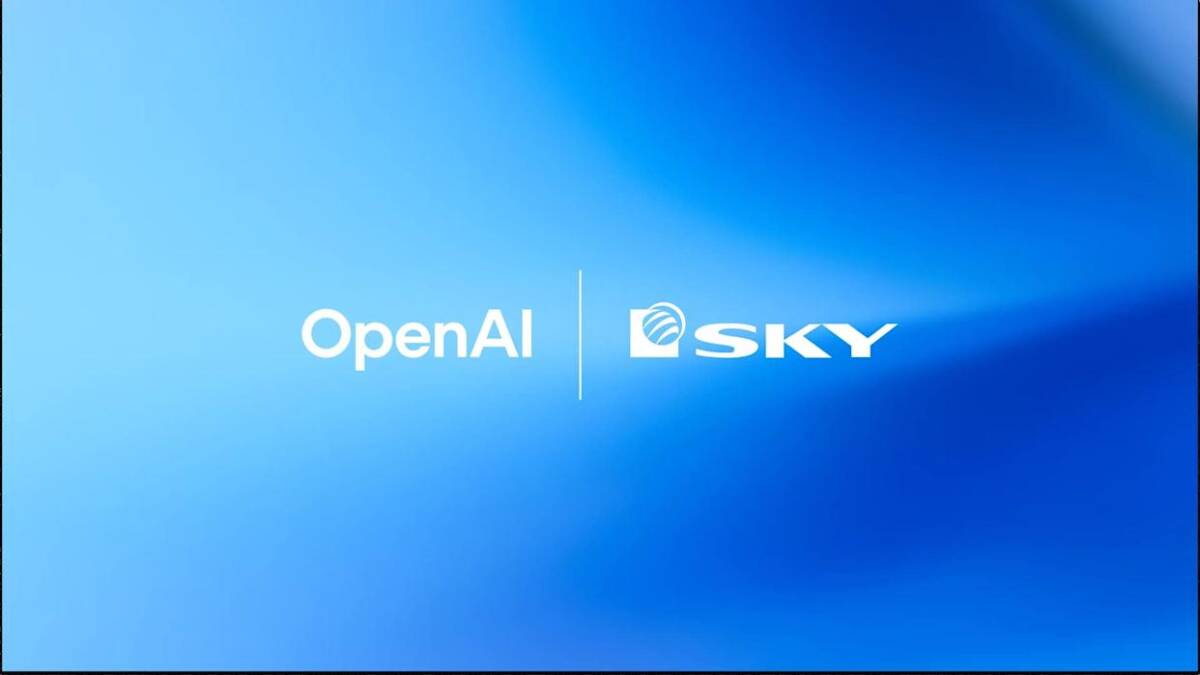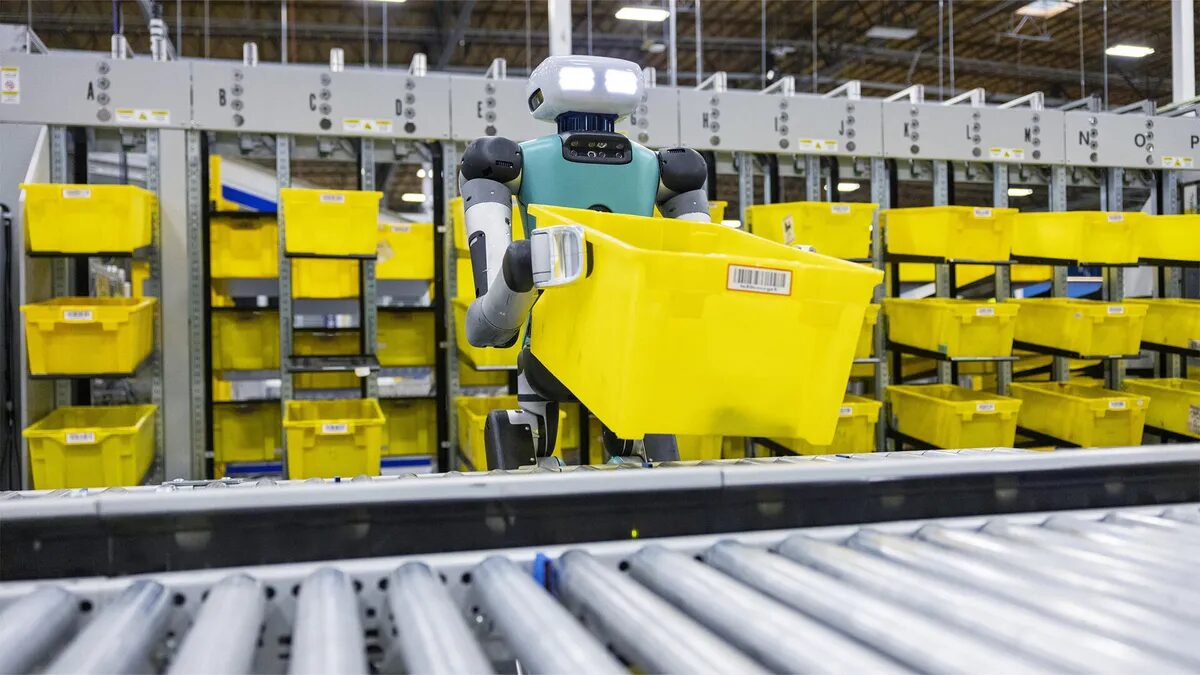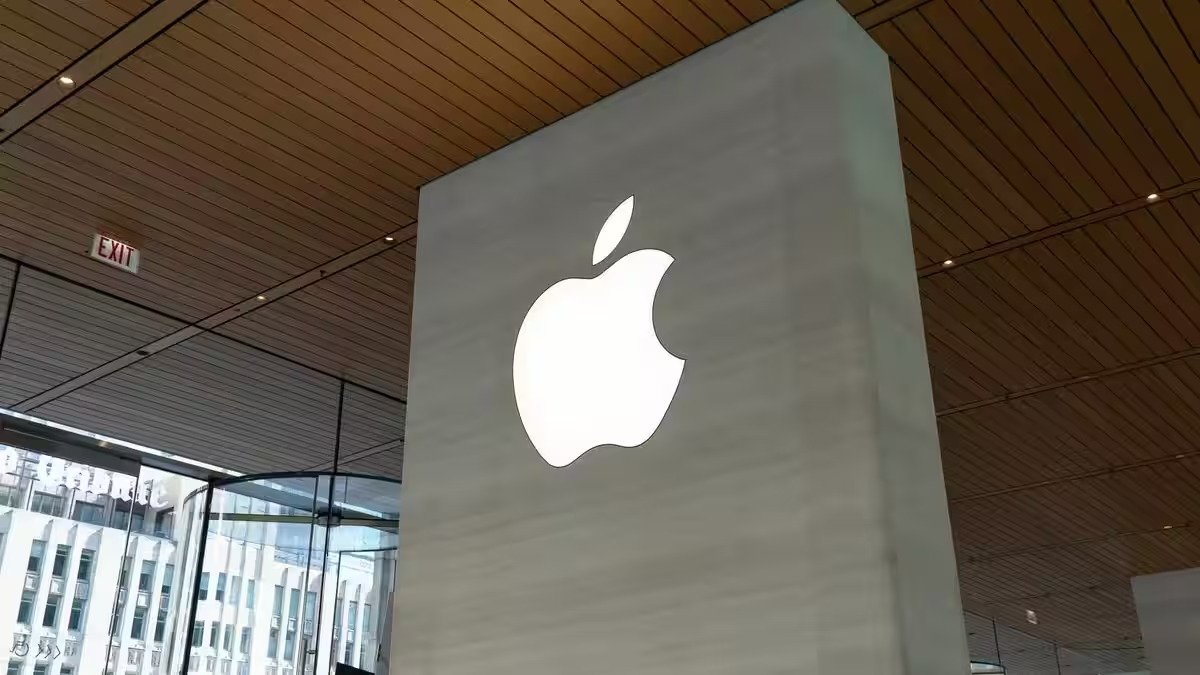The future of Google’s search engine: Moving to an AI assistant in 2025
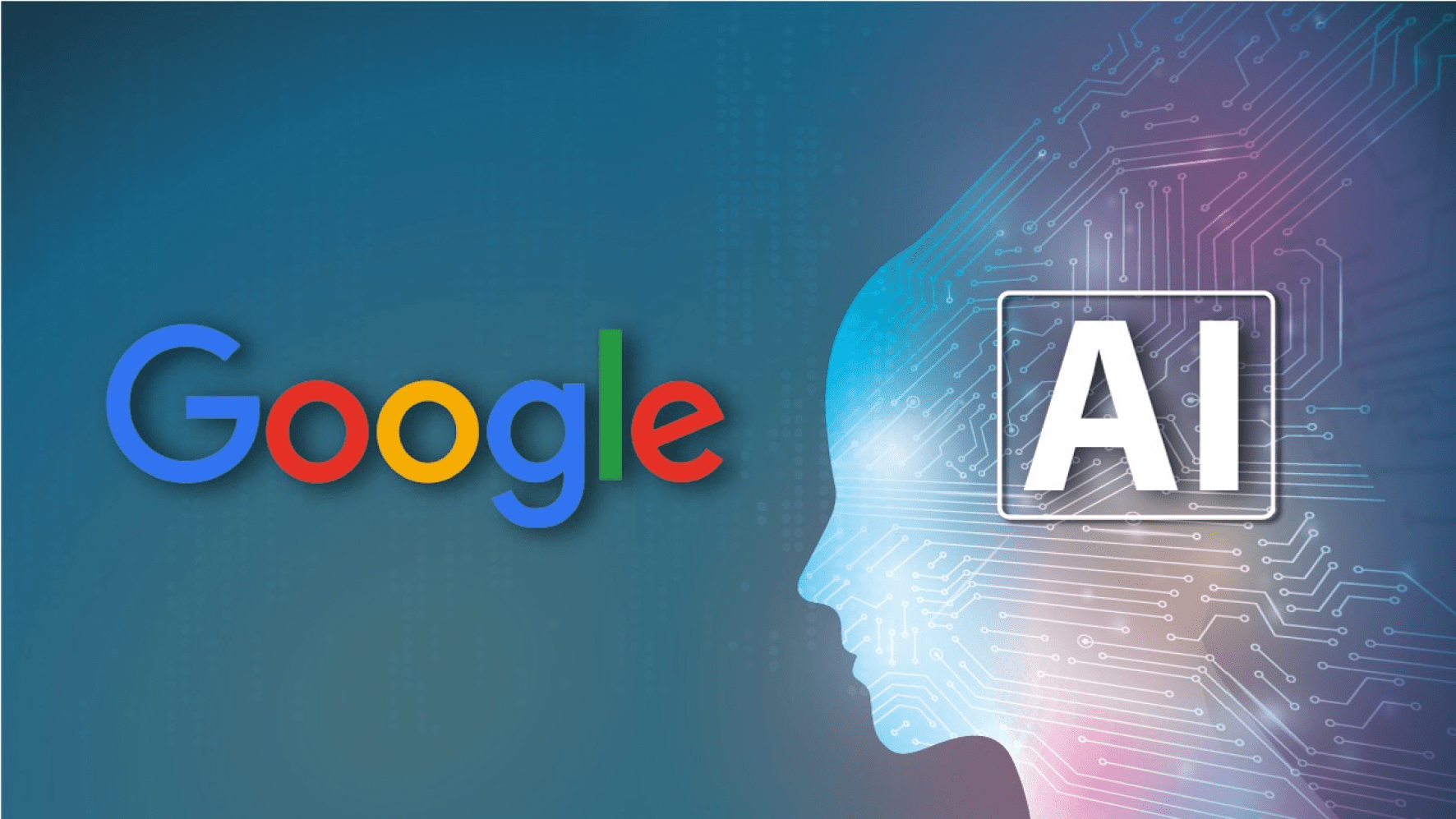
Google’s search engine is undergoing significant changes due to the rise of artificial intelligence (AI), according to CEO Sundar Pichai. Pichai said that 2025 will be a milestone for innovation in the search engine, which will increasingly resemble an AI assistant that can analyze information and provide summarized answers instead of simply displaying links. This change could have a major impact on sites that depend on Google traffic.
So far, it’s a change that could have a major impact on sites that depend on Google traffic.
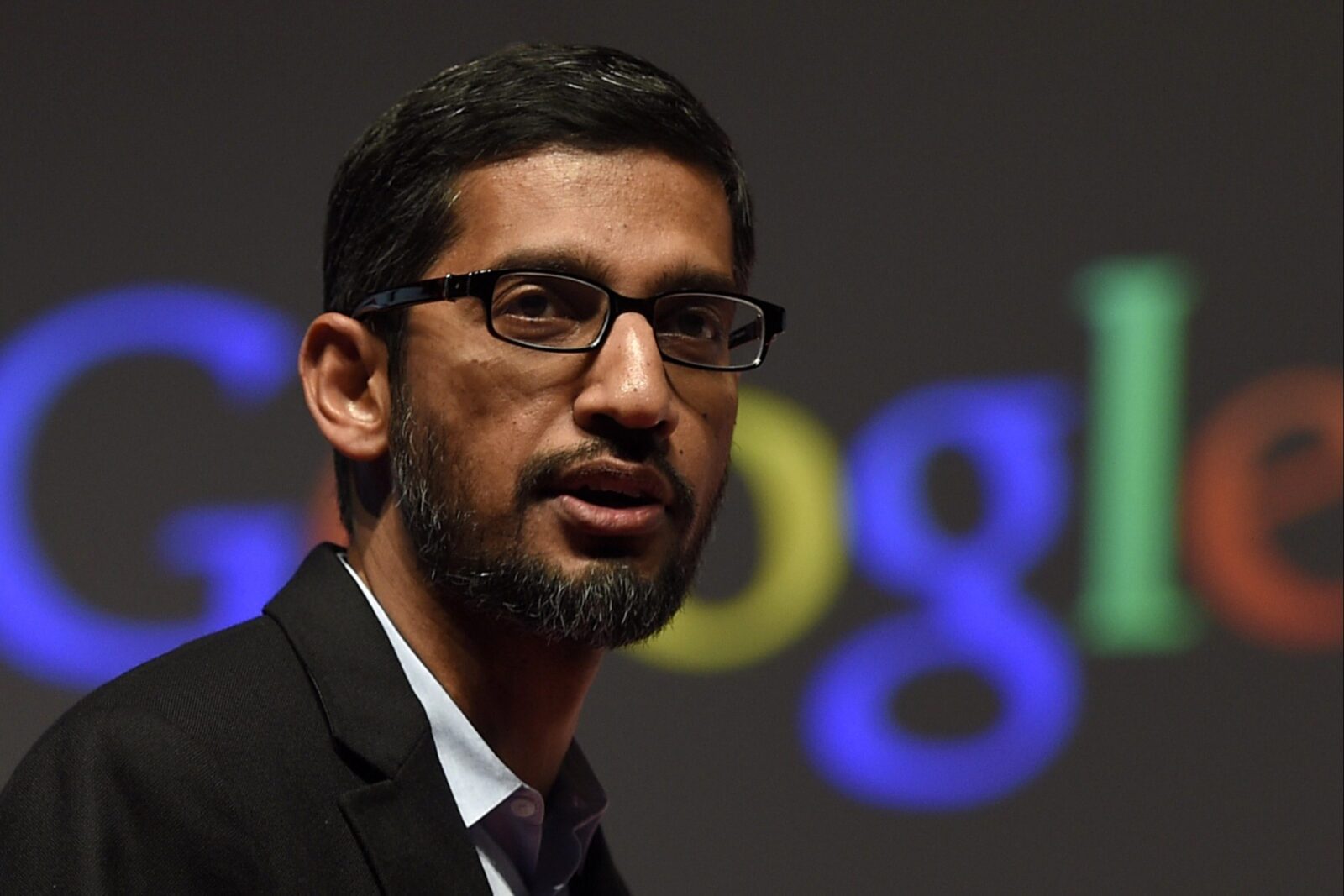
In future updates, Google plans to introduce Project Astra, a multimodal AI system that can process video and answer questions about what’s happening on screen. Also mentioned is AI agent Gemini Deep Research, which will conduct deep research and prepare summarized answers to user queries.
Pichai also talked about Project Mariner, which will allow AI to interact with websites on behalf of the user, making it easier to find information. These changes underscore Google’s commitment to staying at the forefront of technology in the face of growing competition from other major AI companies.
And Google’s commitment to staying at the forefront of technology in the face of growing competition from other major AI companies.

Google currently faces a number of significant artificial intelligence (AI) challenges that will shape its development in the coming years:
- Competition: The increasing number of AI players, such as OpenAI with ChatGPT, requires Google to adopt new technologies more quickly and adapt to changes in order to remain competitive.
- Regulatory pressure: In 2023, Google is facing allegations of monopolization, leading to demands to split its divisions. This creates a need to actively engage with regulators and comply with new regulations.
- Data challenges: AI training requires large amounts of data, which is often controlled by a few large companies. This limits access to data for other developers and slows innovation.
- Technical limitations: Neural networks are «black boxes» which makes interpreting their work difficult and can lead to erroneous conclusions or «hallucinations» of AI. This requires the development of new methods to verify the results.
- Ethical and cultural aspects: The introduction of AI raises new ethical issues, requiring a balance to be found between the efficiency of algorithms and the preservation of human values.

